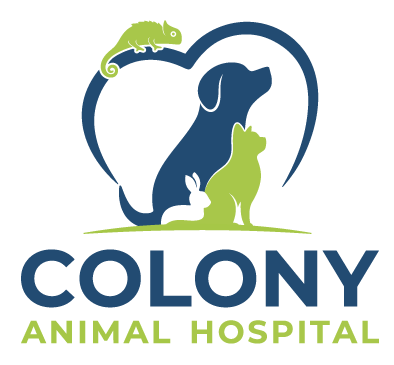Library
-
Propranolol (brand names Inderal®, Detensol®, Hemangeol®, Innopran®) is a beta-blocker used off label (extra label) to treat abnormal heart rhythms (arrhythmias) in cats, dogs, ferrets, and horses. It has also been used short-term to treat hypertension caused by thyrotoxicosis or pheochromocytoma. It is given by mouth or injection.
-
Rifampin is commonly used off label to treat infections in horses, and occasionally in dogs and cats. It is usually given by mouth in the form of a capsule or compounded liquid. The most common side effects are vomiting, diarrhea, or reduced appetite. Liver dysfunction is possible. A change in the color of urine, tears, and saliva to a red/orange color is expected but may stain fabrics. Use with caution in pets that have pre-existing liver disease, are pregnant, are elderly, or are lactating. If a negative reaction occurs, call your veterinary office.
-
Ophthalmic autologous serum is a blood-derived product used to treat corneal ulcers in animals. Ophthalmic autologous serum is part of the blood and is collected directly from the patient. It is in liquid form.
-
Silver sulfadiazine topical is an antimicrobial used to treat skin infections and burns in cats, dogs, and exotic pets. It is used off label in veterinary medicine. Silver sulfadiazine topical comes in a topical cream.
-
Stanozolol is given by mouth and is used off label to treat poor appetite, anemia, tracheal collapse, and other conditions. Give as directed by your veterinarian. Side effects may include behavior changes, limb swelling, or prevention of heat cycles. Do not use in pets that are allergic to it, are pregnant, breeding, or nursing. Pregnant women should NOT handle this medication. If a negative reaction occurs, please call your veterinary office.
-
Stem cells are unspecialized cells that are capable of renewing themselves though cell division. Under certain conditions, they can become a specific tissue or organ cell. Stem cell therapy commonly refers to the process of placing stem cells from the body into diseased or damaged tissues, such as a torn ligament in the knee or perhaps an arthritic joint. This process is often referred to as regenerative medicine. Adult stem cells are capable of repair and regeneration of various tissues because they have the potential to differentiate into specialized cells of an organ. The most common use of stem cell therapies has been in the treatment of osteoarthritis in dogs and cats. Currently, there are no current guidelines with respect to stem cell therapy. Stem therapy should only be performed by a veterinarian with special training, who understands the benefits and limits of this therapy. It is important to have realistic expectations as positive outcomes cannot be guaranteed.
-
Sulfasalazine is given by mouth and is used off label to treat inflammatory large bowel disease and vasculitis. Give as directed by your veterinarian. Side effects include dry eye, decreased appetite, vomiting, yellowing of the skin, eyes, or body fluids. Do not use in pets that are allergic to it or other sulfonamides or salicylates, or in Doberman Pinschers, Miniature Schnauzers, or Samoyeds, or in pets with dry eye/KCS, intestinal or urinary blockages, or severe dehydration. If a negative reaction occurs, please call your veterinary office.
-
Tetracycline is given by mouth and is used off label to treat bacterial infections and inflammatory skin conditions in many animal species. The most common side effects include nausea, vomiting, diarrhea, and lack of appetite. Do not use in pets that are allergic to it or other tetracycline antibiotics, or in pregnant animals, especially in the first half of pregnancy. If a negative reaction occurs, please call your veterinary office.
-
Therapy pets can help people with many facets of their health including physical, emotional, and psychological well-being. These pets live with their owners and make visits to hospitals and other facilities to spend time with these human patients. Therapy pets are not the same as service animals.
-
Topical omega-3 fatty acids are found in various skin support products for pets to promote a healthy skin and coat in dogs, cats, small mammals, and horses. These products, such as Dermoscent® Atop 7®, are often used in combination with omega-6 fatty acids to enhance overall health and reduce inflammation. They can also help decrease itching associated with certain skin diseases.

